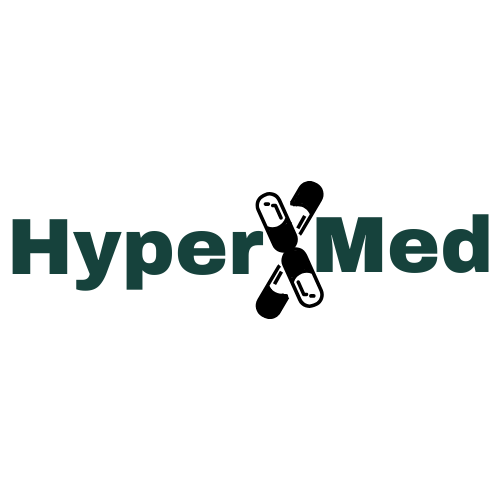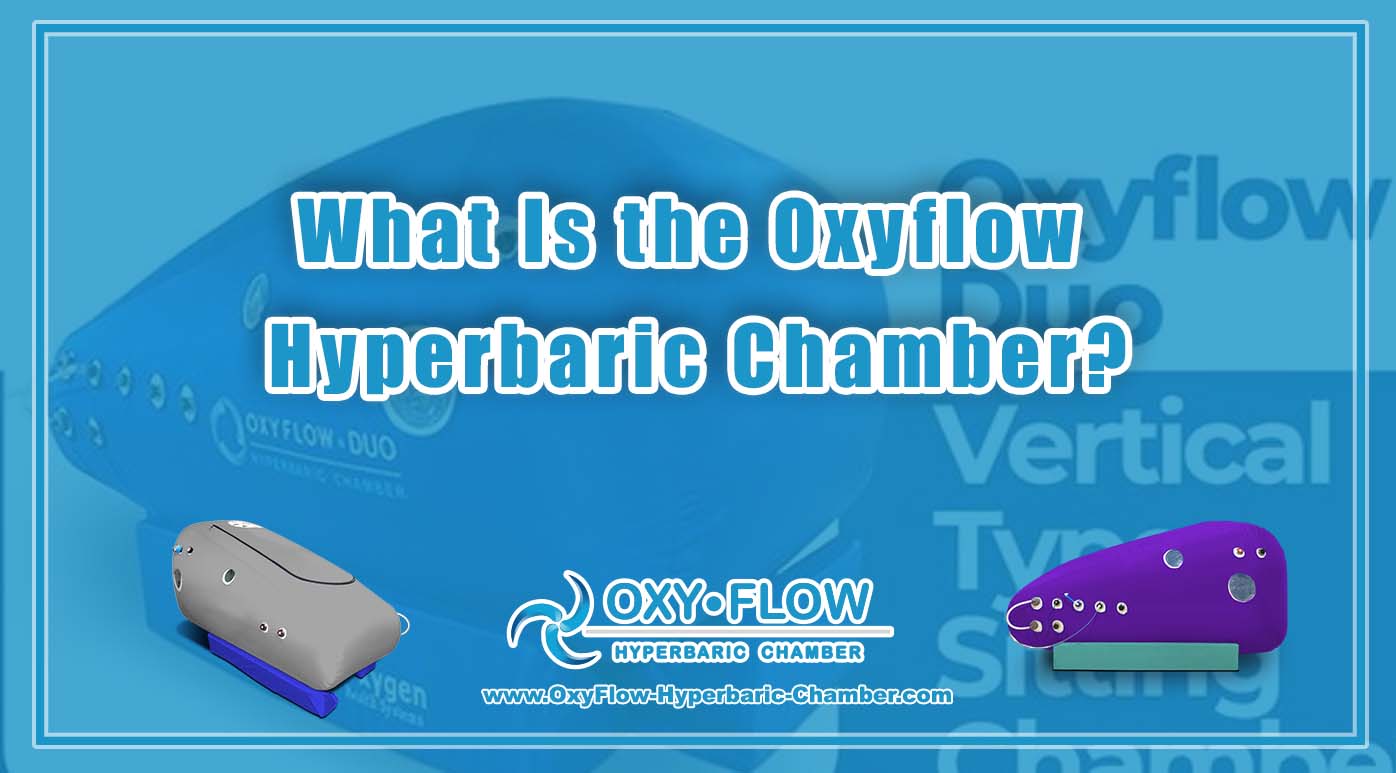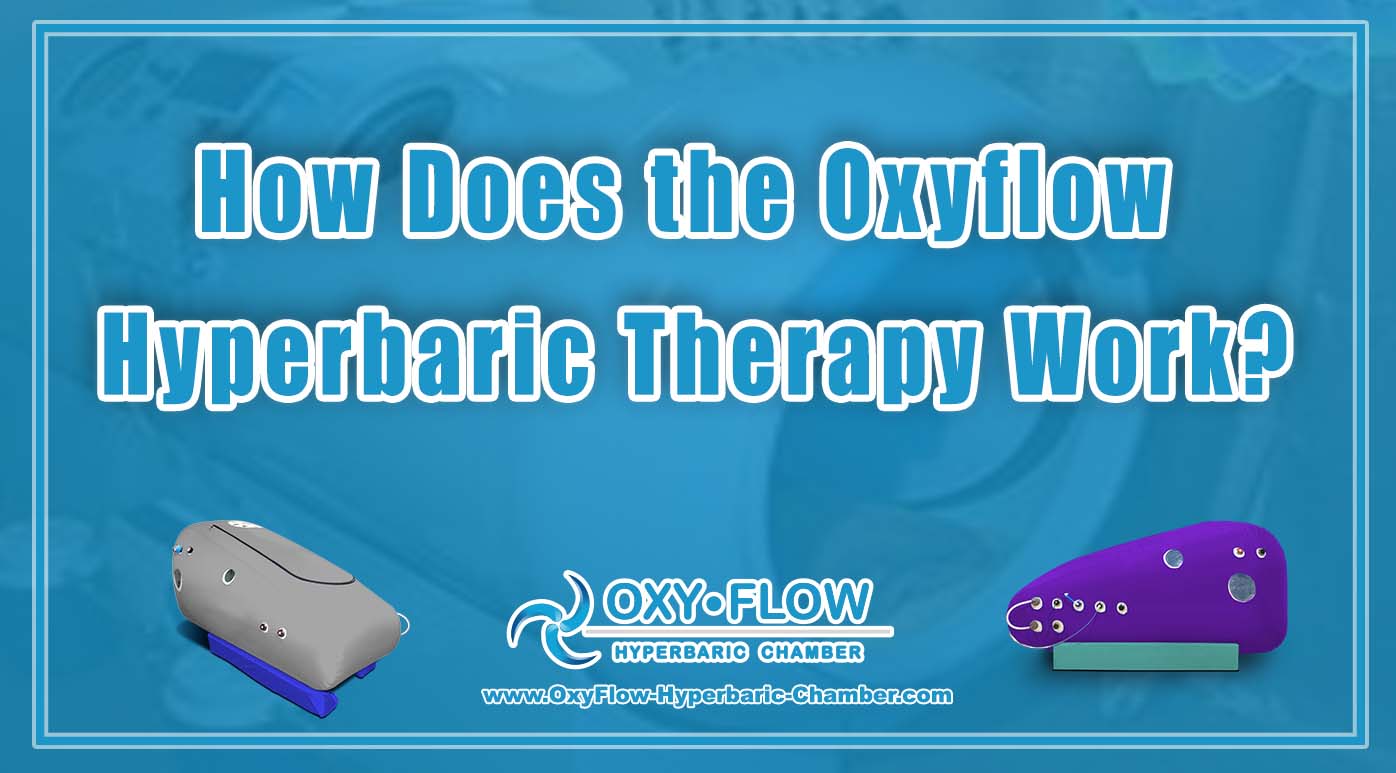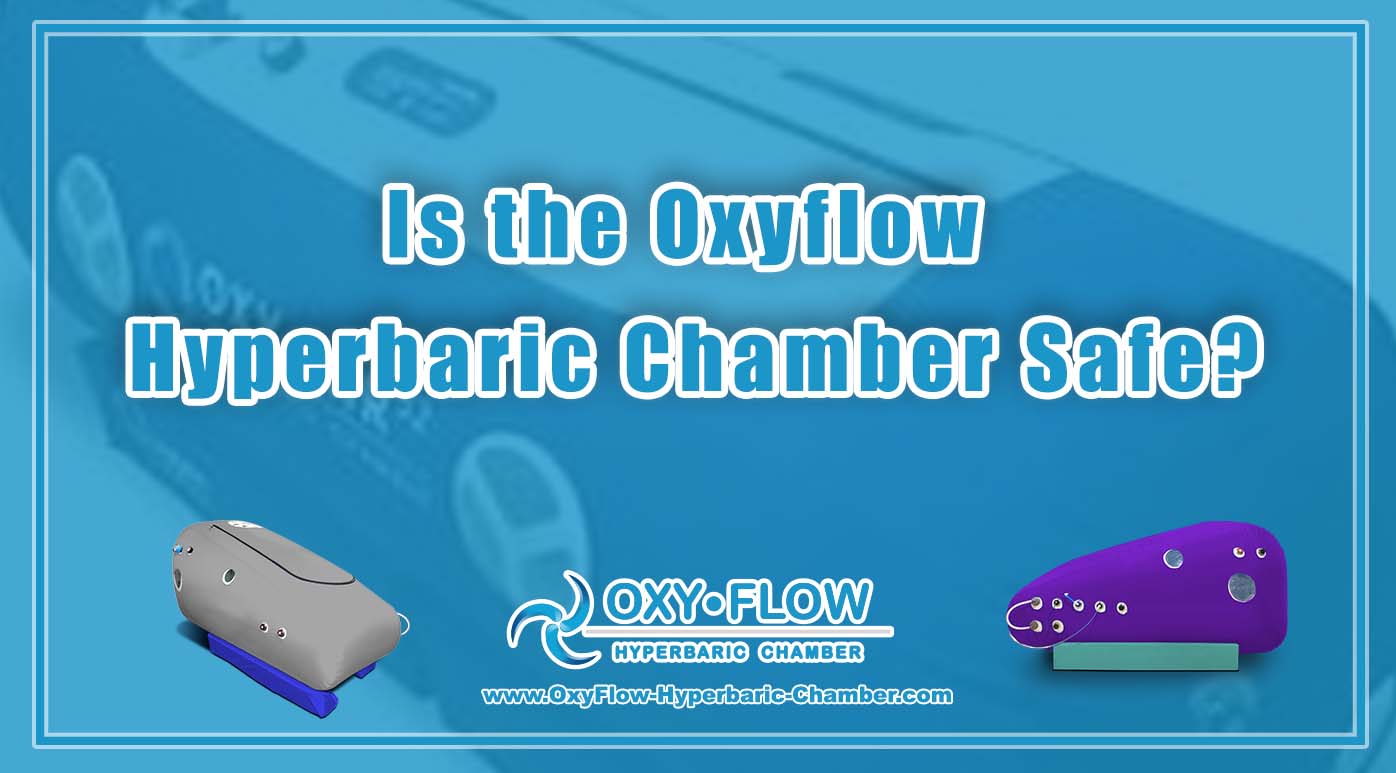
Menu
Cognitive Function and Hyperbaric Therapy Insights.
Cognitive Function and Hyperbaric Therapy Insights.
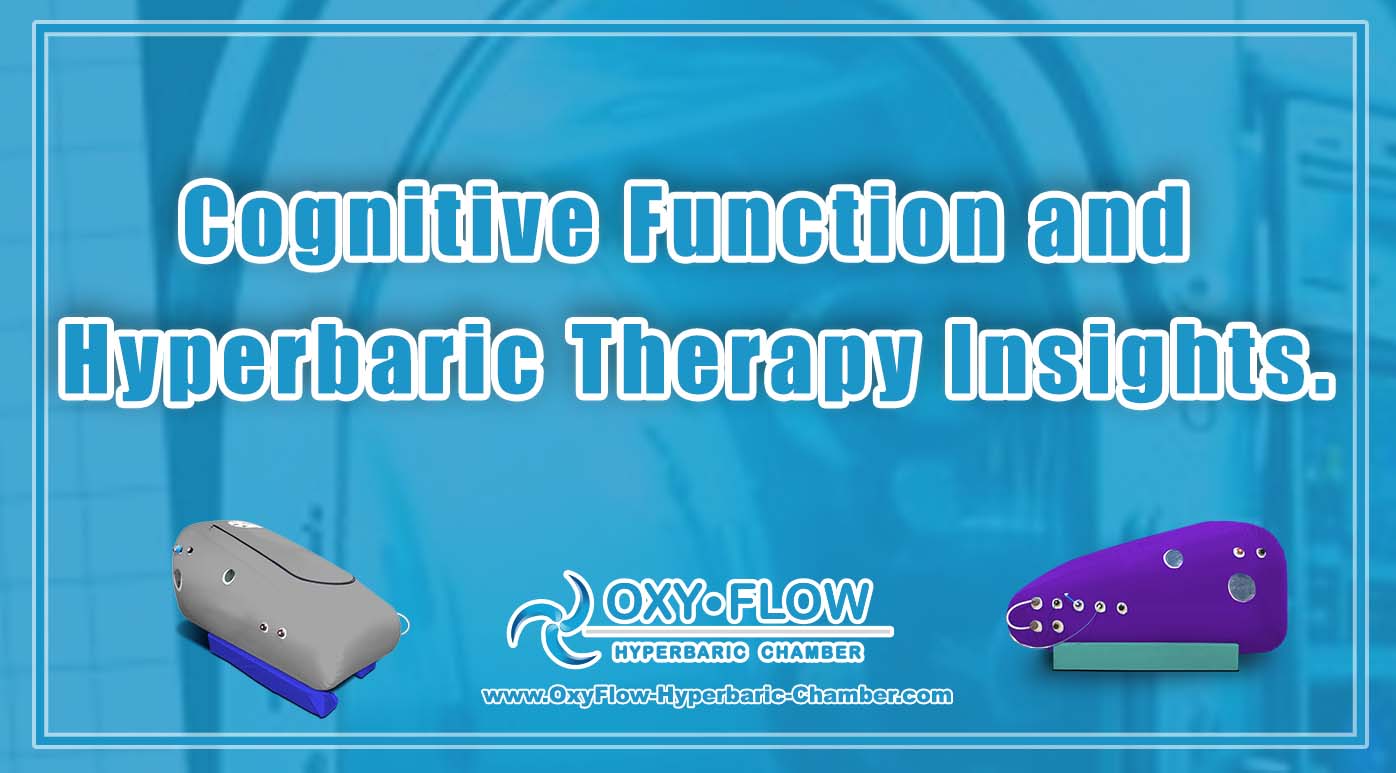
Cognitive function, or the ability of the brain to process and retrieve information, is essential for daily functioning. Whether it’s remembering a phone number, solving a problem at work, or making a complex decision, our cognitive function plays a significant role in every aspect of our lives.
For those suffering from cognitive impairment due to a traumatic brain injury, stroke, or other neurological conditions, finding effective treatments to improve cognitive function is crucial. One emerging therapy that has shown promise in enhancing cognitive function is hyperbaric oxygen therapy (HBOT).
Understanding Cognitive Function Hyperbaric Therapy.
Hyperbaric oxygen therapy involves breathing pure oxygen in a pressurized environment, typically a chamber. The increase in atmospheric pressure allows the lungs to gather more oxygen than would be possible by breathing pure oxygen at normal air pressure.
This increased oxygen supply to the body’s tissues and organs promotes the body’s natural healing process, enhances cell function, and helps the body fight infection more effectively. In this context, the improved oxygen supply can aid in the repair and regeneration of brain tissues that may have been damaged due to injury or disease.
Cognitive Function Insights from Research.
Several studies have explored the effects of hyperbaric therapy on cognitive function, with promising results. One study published in the journal Neuropsychiatric Disease and Treatment found that HBOT improved in patients with traumatic brain injury. The participants demonstrated significant improvements in attention, information processing speed, and executive function following hyperbaric therapy.
Another study, published in the Journal of Neurotrauma, observed similar positive effects of HBOT on veterans with mild traumatic brain injury. The researchers noted improvements in memory, attention, and executive function in the participants who underwent hyperbaric therapy.
These findings provide valuable insights into the potential of hyperbaric therapy as a treatment for cognitive impairment. By addressing the underlying physiological mechanisms that contribute to cognitive dysfunction, HBOT offers a novel approach to improving cognitive function in individuals with neurological conditions.
The Future of Cognitive Enhancement.
As the understanding of the relationship between oxygen supply and brain function continues to evolve, hyperbaric therapy stands out as a promising tool for cognitive enhancement. While more research is needed to fully elucidate the mechanisms underlying the cognitive benefits of HBOT, the existing evidence suggests that this non-invasive therapy could offer new hope for individuals struggling with cognitive impairment.
In addition to neurological conditions, hyperbaric therapy has also shown the potential to support aging adults. By promoting increased oxygen delivery to the brain, HBOT may help mitigate the cognitive decline that often accompanies aging, offering a non-pharmacological approach to maintaining cognitive vitality in later years.
Conclusion.
Cognitive function plays a fundamental role in our daily lives, and its impairment can significantly impact overall well-being. The emerging insights from research on hyperbaric therapy offer a glimpse into the potential of this innovative treatment approach.
As the scientific community continues to explore the therapeutic benefits of hyperbaric oxygen therapy, the prospect of enhancing cognitive function through increased oxygen supply holds promise for individuals with neurological conditions and those seeking to maintain cognitive vitality as they age. With ongoing research and clinical advancements, hyperbaric therapy may soon become a valuable tool in the quest for optimizing cognition and improving the quality of life for many.
Recent Posts
Product categories
Ready for Hyperbaric Oxygen Chamber?
stay up to date with the latest news
